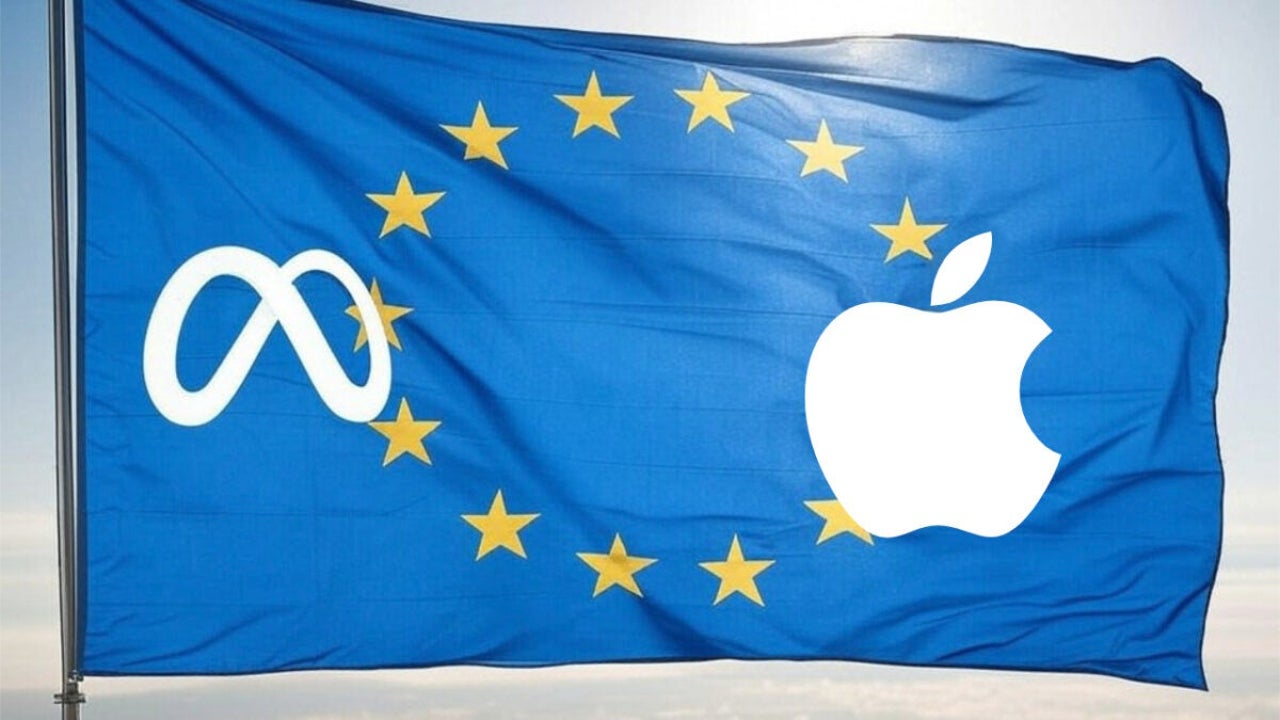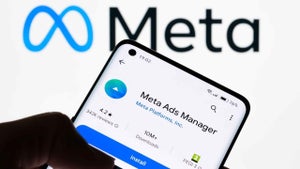News
Meta wants to analyze all our data, and it is using the DMA and Europe to force Apple to allow it
The DMA should not be a way to bypass the GDPR

- December 19, 2024
- Updated: July 1, 2025 at 10:36 PM

The Digital Markets Act (DMA) has put Apple back in the spotlight, with Europe demanding really profound changes in iOS and the rest of the ecosystem. In this situation, Meta has found the opportunity to pressure Apple and, with it, open the doors to a massive intrusion into our data. If this becomes a reality, Apple warns, it could completely change the way we manage our privacy.
“This is getting personal:” Meta, the DMA, Europe, and the privacy that could disappear
The DMA was introduced as legislation aimed at preventing anticompetitive practices by big tech companies. In principle, the goal seems commendable. However, the implementation of these rules is creating truly concerning situations for users. Meta, for example, has demanded full access to Apple’s technologies, citing interoperability guidelines. This would include features like AirDrop or AirPlay, as well as permissions that would allow their apps to run in the background without restrictions.
In response to Meta’s requests, the European Union has published a document with the list of changes that Apple has to implement. Apple, for its part, has published a detailed explanation stating, among other things, that the situation “is getting personal.”
Apple has indicated that these demands pose a real threat to privacy. If Meta (or other developers) were to access all the technologies it requests, they could analyze our emails, messages, photos on our device, and even our calendar events. Furthermore, according to Apple, it could also record all the applications we use, our calls, and even our passwords.
“If Apple had to grant all these requests, Facebook, Instagram, and WhatsApp could allow Meta to read all a user’s messages and emails on their device, see every phone call they make or receive, track all the apps they use, scan all their photos, view their files and calendar events, record all their passwords, and more. These are data that Apple itself has decided not to access in order to provide the strongest possible protection to users.”
Meta justifies its stance by claiming it needs access to improve the experience of devices like Meta Quest or Ray-Ban smart glasses. Apple, however, asserts that interoperability is already possible without compromising our security. The question, then, is what does Meta really intend with this expanded access? And why does Europe seem willing to work against its own GDPR?
Apple continues to state the following:
“The General Data Protection Regulation (GDPR), which Apple has always supported, establishes a robust set of privacy rules that all companies must comply with. The DMA was not designed to provide a way to circumvent these rules. But the end result could be that companies like Meta—which has been repeatedly fined by regulators for privacy violations—gain unrestricted access to users’ devices and their most personal data. If Apple is forced to allow access to sensitive technologies that it has no capacity to protect, the security risks would be substantial and practically impossible to mitigate.”
An uncertain future for all of us
The DMA aims to ensure that the digital market is fair and accessible, but it is necessary to balance these objectives with the protection of our data. Meta’s intentions, under the pretext of improving interoperability, are a clear example of how a good idea can be used for questionable purposes. Apple highlights four examples:
- Messaging: Meta seeks access to users’ SMS and iMessage capabilities to send, read messages, and access message history. An unprecedented violation of the privacy of users’ most sensitive data.
- AirPlay: Although Apple already allows apps to use AirPlay, Meta wants direct access to TVs and smart speakers, raising privacy and security concerns by collecting data about users’ homes.
- App Intents: Meta intends to gain access to all data shared by other apps through App Intents, which could give it total control over users’ devices.
- CarPlay: Meta desires access to CarPlay to activate iOS apps and project additional content, which could compromise users’ choices and control over their devices.
Europe has set January 9, 2025, as the deadline for consultations on this case. This means there is still time to adjust the legislation. While we remember the privacy of Apple Intelligence or how China is also trying to weaken it, the outcome of this situation will be crucial for the future of technology and our relationship with it. In a world where data is the target of too many companies, we must be aware of the implications these decisions have.
As Apple states at the bottom of the document, “we hope that the European Commission will seek to implement interoperability requests in a way that respects the General Data Protection Regulation.”
Architect | Founder of hanaringo.com | Apple Technologies Trainer | Writer at Softonic and iDoo_tech, formerly at Applesfera
Latest from David Bernal Raspall
You may also like
 News
NewsProSpy and ToSpy: the latest spyware threats disguised as messaging applications
Read more
 News
NewsPersonalized ads are coming to Facebook and Instagram thanks to conversations with AI
Read more
 News
NewsThese are the new releases coming to Crunchyroll this fall
Read more
 News
NewsElon Musk asks followers to cancel their Netflix subscriptions
Read more
 News
NewsThe Russos share an image that could provide clues about the upcoming Avengers movie
Read more
 News
NewsThe queer dating reality show on Netflix has come to an end and will not have a third season
Read more